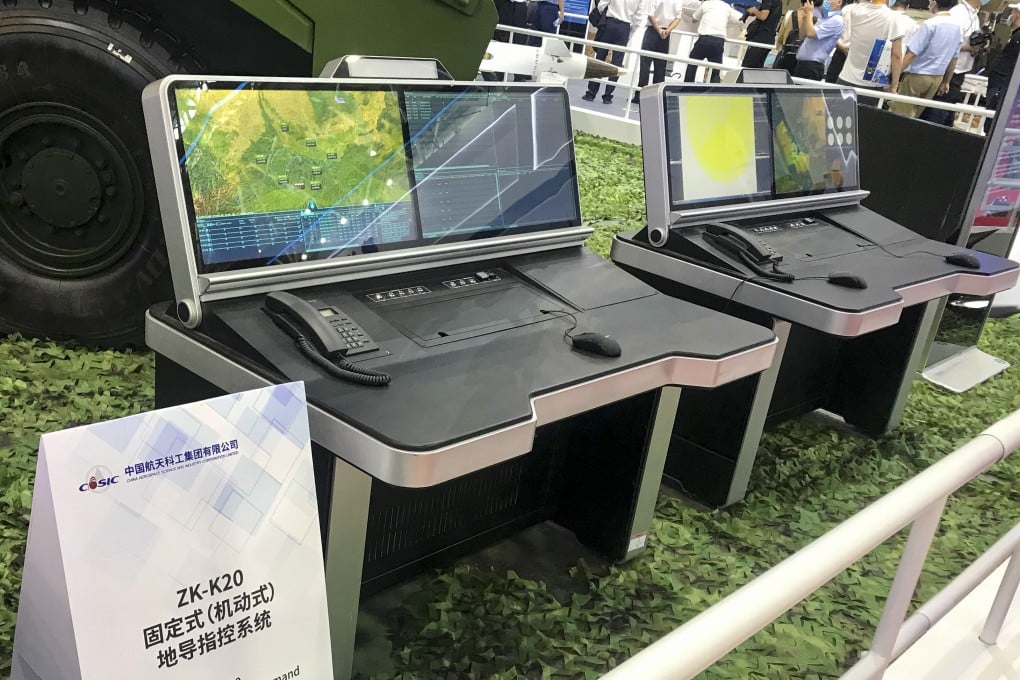China unveils anti-drone ‘hard and soft kill’ system at Zhuhai air show
- China’s main missile maker Casic has equipped its product with ‘full skill set’ against all types of UAVs, including the small and hard to detect
- The anti-UAV package was inspired by the use of drones in recent global conflicts, including the war in Ukraine

The system making its debut at the Zhuhai air show, which opened on Tuesday in Guangdong province, southern China, has a full skill set of “detection, reconnaissance, interference, control, interception and assessment” against at all types of UAVs.
In its introduction to the anti-UAV system, Casic said it provided a “comprehensive solution” to the key difficulties of countering the devices – usually that they are “too difficult to detect, too small to intercept and too costly to use air defence weapons”.
“The anti-UAV system … can effectively achieve the efficient and coordinated use of multiple types of detection equipment and interception weapons … and forms a comprehensive defence capability against all types of UAV targets ‘both near and far, high and low, with both hard and soft kill’,” the developer said.
“Hard kill” refers to physical attacks on enemy drones, while a “soft kill” is achieved by disrupting their electronics or deploying sensor dazzlers – measures to which small drones are quite vulnerable.